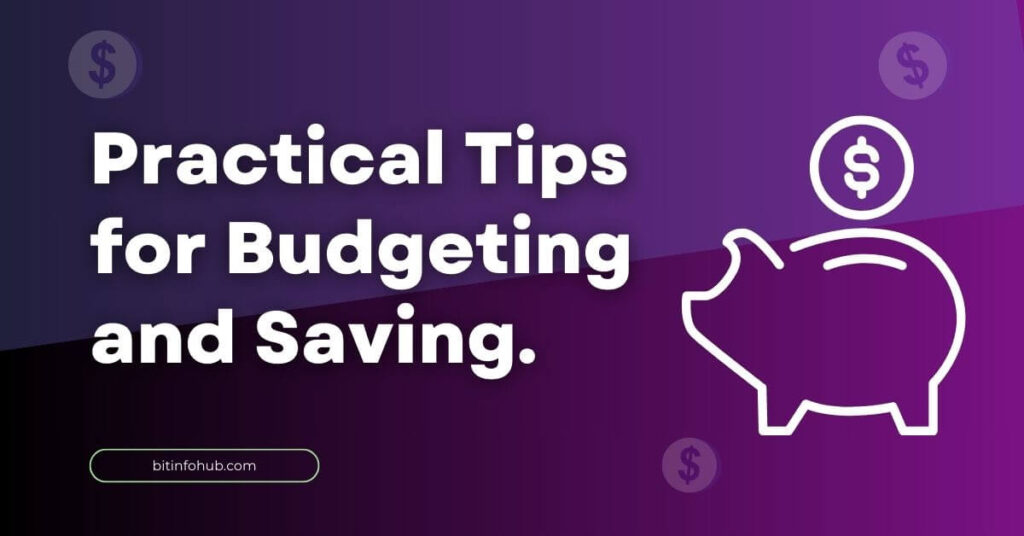Investing can best secure your future financial stability, but it should not be taken lightly. Before investing, several essential factors must be considered to ensure the investment is suitable for you. In this blog, we will tell you the important things to consider before investing so that you can make wise decisions with your money. We will cover the importance of researching potential investments, considering risk tolerance, and understanding market trends.
Investing can be a good way to grow your wealth or money over time, but it’s not without risks. As with any investment, it’s important to carefully choose and do your due diligence before deciding.
Here are some of the things that you need to keep in mind when considering an investment:
Determine Your Investment Goals
Before investing, take the time to find out what you want to achieve or your goals. Is your goal long-term growth or short-term gains? Are you looking for capital appreciation or income? Understanding your investment goals will help guide your decisions and ensure you make investments aligning with your overall financial objectives.
Understand Your Risk Tolerance
All investments have some risk, but some are riskier than others. Understanding how much risk you’re comfortable taking on before making any investment decisions is essential. If you’re risk-averse, focus on low-risk investments like bonds or cash equivalents. If you’re comfortable with higher levels of risk, then stocks or real estate may be more suitable.
Diversify Your Portfolio
Putting all your eggs in one basket is never a good idea when investing. A diversified portfolio helps spread the risk and increase the chances of long-term success. Consider allocating your funds across multiple asset classes such as stocks, bonds, mutual funds, or ETFs.
Do Your Homework
Before investing in anything, thoroughly research the investment itself and the company behind it. Look into financial metrics like earnings reports, debt levels, profitability ratios, and qualitative factors like management team quality and competitive positioning.
Beware of Scams
Many scams target unsuspecting investors looking for quick gains or high returns without much work. Be wary of “get rich quick” schemes that promise unrealistic returns with no clear explanation of how they plan to achieve them.
Keep Emotions in Check
Investment decisions should be made objectively and based on facts, not emotions. Fear and greed are the two most common emotional drivers derailing investment success. Avoid making important investment decisions when feeling overly emotional or stressed out.
Understand the Costs Involved
Investing typically comes with costs, such as commissions, fees, and taxes. Ensure you understand all the associated costs to factor them into your decision-making process.
Conclusion
In conclusion, investing is a great way to grow your financial portfolio and can benefit anyone. There are many variables to consider when investing, including the type of investments, how much money you want to invest, and the amount of risk you are willing to take. By taking the time to weigh all these factors, you will be equipped with the knowledge necessary to decide where and how to invest your money. Ultimately, investing is a personal choice that should not be taken lightly.
Remember that investing is a long-term game that requires patience, discipline, and a clear strategy. Before making any investments, consult a financial professional.




